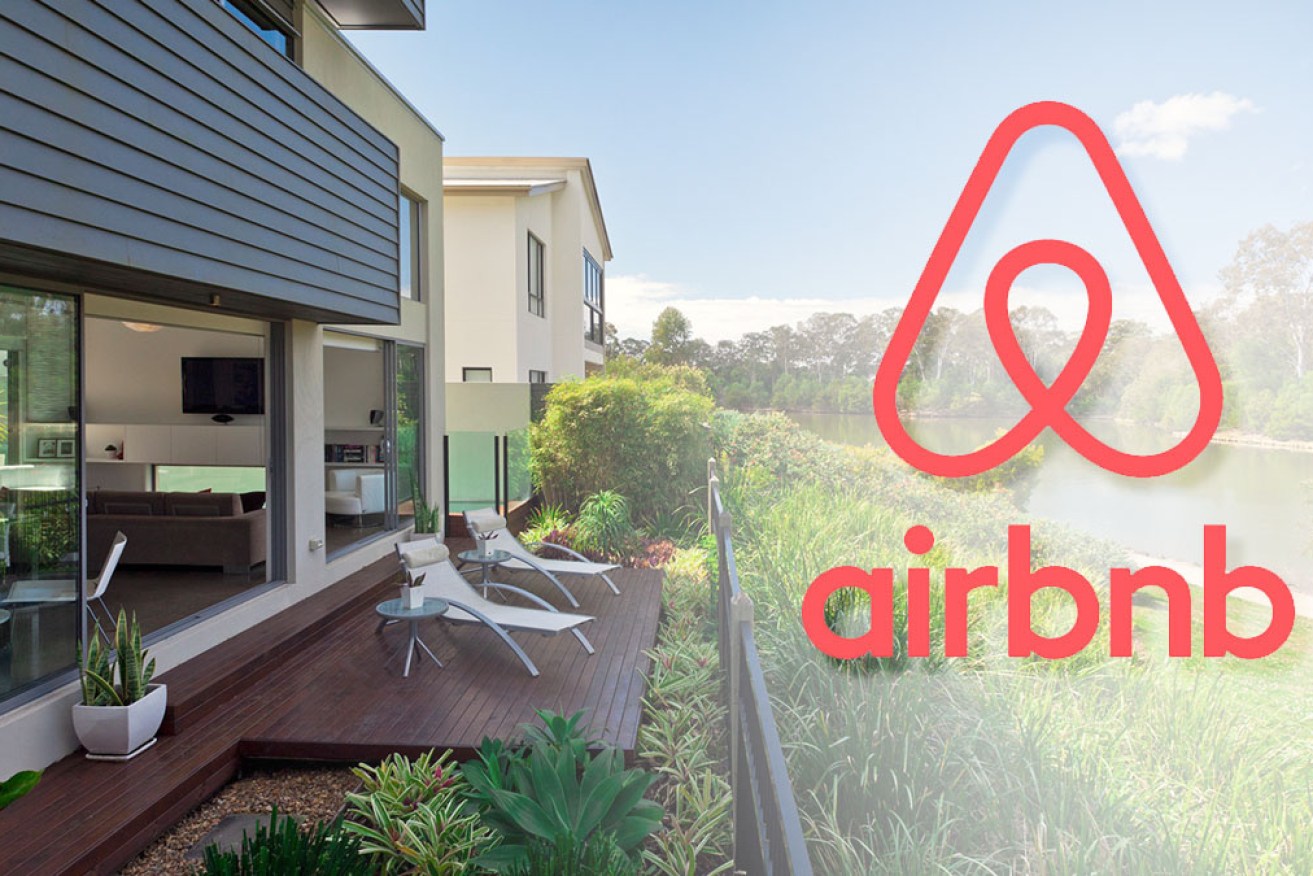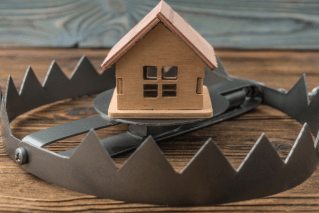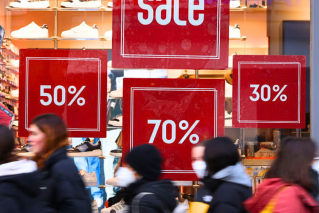Airbnb rebound: Easing of restrictions and changing model sparks mini-recovery


Airbnb says 'harsh' restrictions on short-term letting in Byron Bay will harm the NSW tourist town. Photo: Getty/The New Daily
Airbnb bookings are bouncing back after social distancing measures brought the sector to a standstill.
The jump coincides with the easing of restrictions, but analysts have pointed to several other factors, as well.
As tenants encounter financial hardship amid rising unemployment, many are moving back in with their parents or turning to Airbnbs as a “stopgap measure”.
And hosts have adapted their properties for longer stays after border closures effectively shut down tourism.
“People are transitioning to stopgap measures, like Airbnb properties, if they had to let go of a more expensive tenancy or are looking for a temporary housing solution,” Suburbanite director Anna Porter told The New Daily.
“Gone are the days where workers could easily cross borders, so businesses are now putting their staff into Airbnbs for weeks at a time, instead of sending them back to their home state where they would be required to enter quarantine.”
Ranges Escapes managing director Jen Clark will always remember the day Victoria’s coronavirus restrictions were first announced.
Over the following 48 hours, she lost tens of thousands of dollars in Airbnb cancellations across the four short-term rental properties she manages in Victoria’s Macedon Ranges.
“One of our properties in particular was booked almost back-to-back with 90 per cent occupancy, so we essentially had to shut down and proactively cancel bookings in April and May,” Ms Clark told The New Daily.
With tourism banned under the state’s restrictions, Ms Clark and her partner knew their business had to adapt to survive.
“We wanted to protect the local community during the pandemic, so we were open to accepting tenants if they were locals and would commit to a three-month stay,” Ms Clark said.
We found one family and another lone tenant who needed to sell their properties and required short-term accommodation, and we also have a family whose relative needed to self-isolate.”
Tweet from @jes_wilkie
Coupled with the easing of restrictions, the adaptation of existing properties to longer stays has driven a modest rebound in bookings.
Although ’90-day occupancy rates’ are still down 33.6 per cent year on year, as of May 15, data from US rental analytics company AllTheHomes shows 11.6 per cent of Australian Airbnb listings now have at least one booking over the next 90 days – a 1.3 per cent increase on the previous week.
New South Wales was the only state not to see a lift in bookings over the week (-1.0 per cent). And perhaps unsurprisingly, states where restrictions are easing much faster came out on top.
Western Australia (+8.4 per cent) and the Northern Territory (+5.1 per cent) enjoyed the healthiest week-on-week increases.
South Australia (+3.2 per cent), Queensland (+1.9 per cent) and Tasmania (+1.7 per cent) also reported increases above the national average, while Victoria lagged behind in sixth place (+0.8 per cent).
Elsewhere, findings from online short-term rental analytics firm AirDNA also point to a recovery in AirbnB bookings.
It found new bookings have doubled from 16,000 in the week ending April 26 to last week’s total of 34,000.
However, they totalled 78,000 in the week ending Feb 3, before the coronavirus crisis took hold.
Tweet from @DrCameronMurray
As previously reported by The New Daily, falling tourism numbers have also encouraged thousands of Airbnb hosts to convert their properties into long-term rentals, in a desperate bid to drum up business.
This has contributed to rising vacancy rates and should put downward pressure on rents.
According to SQM Research, tourist hubs such as Byron Bay (7.3 per cent vacancy rate) and inner-city areas such as Southbank in Victoria (13.0 per cent) and Sydney’s CBD (13.8 per cent) have been hardest-hit.
“International travel restrictions mean there are lots of properties with no tenants and they have no one leasing whatsoever, so these property owners have decided to give long-term renting a go,” SQM research director Louis Christopher said at the time.
“While the lifting of domestic borders should encourage more domestic tourism and business travellers to localities like the Gold Coast, it’s likely there will be a major vacancy overhang until international borders are reopened.”








